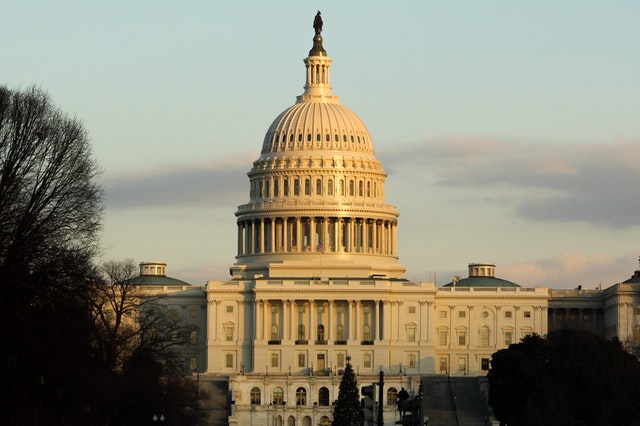Final rulings made on Overtime Salary Thresholds and Nullification of Noncompete Provisions

On Tuesday, April 23, 2024 rhe U.S. Department of Labor (DOL) and the Federal Trade Commission (FTC) issued separate final rules on two major issues: Increases to Overtime Salary Thresholds (DOL) and Nullification of Noncompete Provisions. Below is information for business owners on actions that should be taken in the short term to understand the impact of these rules and adapt.
Overtime Thresholds
The U.S. Department of Labor announced a final rule to update salary thresholds for executive, administrative and professional (EAP) employees widely known as the “white-collar” exemptions for overtime pay. The rule will take effect in two phases, with the first phase in July 1, 2024.
To be exempt from current Fair Labor Standards Act (FLSA) overtime rules, an employee must earn greater than $684 per week or $35,568 per year. Additionally, the employee must:
- Be paid a salary, meaning that they are paid a predetermined and fixed amount that is not subject to reduction because of variations in the quality or quantity of work performed;
- Be paid at least a specified weekly salary level; and
- Primarily perform executive, administrative or professional duties, as provided in the Department’s regulations.
The final rule published by the Department will increase this salary threshold according to the table below, including automatic updates every three years after July 1, 2024:
|
Date |
Standard Salary Level |
Highly Compensated Employee Total Annual Compensation Threshold |
|---|---|---|
|
Before July 1, 2024 |
$684 per week (equivalent to $35,568 per year) |
$107,432 per year, including at least $684 per week paid on a salary or fee basis |
|
July 1, 2024 |
$844 per week (equivalent to $43,888 per year) |
$132,964 per year, including at least $844 per week paid on a salary or fee basis |
|
January 1, 2025 |
$1,128 per week (equivalent to $58,656 per year) |
$151,164 per year, including at least $1,128 per week paid on a salary or fee basis |
|
July 1, 2027, and every 3 years thereafter |
To be determined by applying to available data the methodology used to set the salary level in effect at the time of the update |
To be determined by applying to available data the methodology used to set the salary level in effect at the time of the update |
Employers should evaluate their current pay scales and prepare for this rule to take effect July 1, 2024.
The rule is likely to face legal challenges that could delay, or as in 2016, completely reverse this rule. Congress also has the ability (though unlikely) to utilize the Congressional Review Act to overturn the U.S. DOL rule.
Noncompete Rule
The Federal Trade Commission (FTC) announced a final rule banning noncompete provisions in contracts for employment. This rule effectively makes all noncompete provisions null and void 120 days after the publication date in the federal register.
However, the U.S. Chamber of Commerce announced their intent to sue the FTC to block this rule from implementation.
Therefore, it is recommended that employers review their employment contracts for noncompete language and prepare to notify employees if this rule takes effect. It is recommended that employers explore other ways of limiting the transfer of trade secrets or disclosure of confidential information.
If implemented, employers do not need to legally rescind your contracts but you must notify employees that those provisions are no longer in force. The FTC provided model language for such a notification here:
Exception
Under the final rule, existing noncompetes for senior executives can remain in force. Employers, however, are prohibited from entering into or enforcing new noncompetes with senior executives. The final rule defines senior executives as workers earning more than $151,164 annually and who are in policy-making positions.





